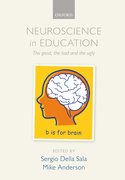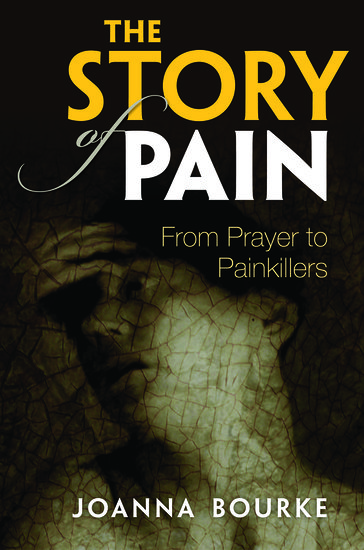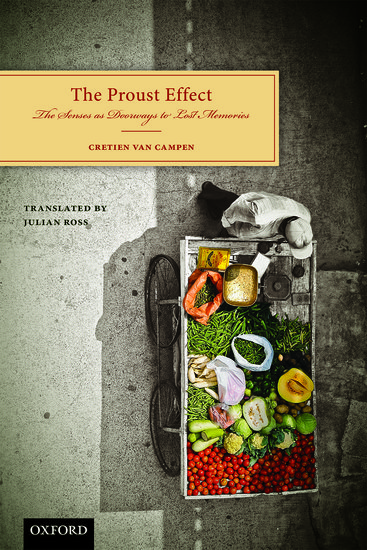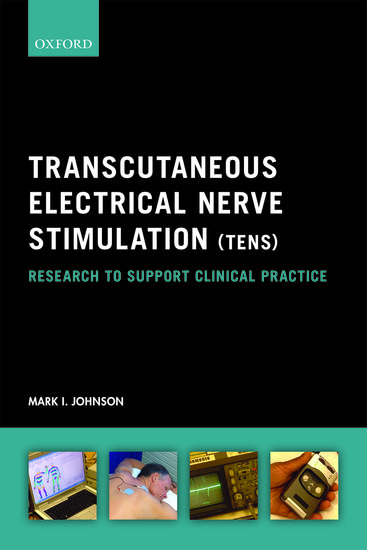Limiting the possibility of a dangerous pandemic
While pandemics are by their nature unpredictable, there are some things worth considering when it comes to the issue of personal safety and responsibility. The first point is to be a safe international traveler so that you don’t bring some nasty infection home with you. Protect yourself and you protect others. Though taking the available vaccines won’t prevent infection with some novel pathogen, it will contribute toward ensuring that you enjoy a successful vacation or business trip, and it should also put you in a “think bugs” mind-set.










